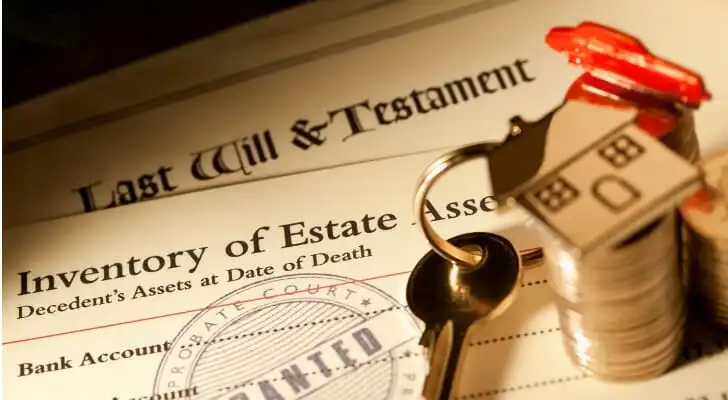Chris Clark
Tricks and Traps in Managing an Insolvent Probate Estate in Portland
An insolvent estate occurs when a deceased person's liabilities exceed their assets, leaving the estate without enough assets to pay all creditors, taxes, and expenses. Understanding the potential pitfalls in managing an insolvent estates can minimize risk for the personal representative and set expectations for the beneficiaries. Here, we explore some common traps to be aware of when administering an insolvent estate.
Knowing the Estate is Insolvent
It isn't always obvious that an estate is insolvent at the start of administering an estate. Unknown creditors are often discovered through creditor reports or careful review of the decedent's records. The decedent may not have filed their required tax returns for several years and owe tax (I've had at least two probates where the client discovered the decedent hadn't filed required tax returns for 5 or more years). The State of Oregon may have a claim for public benefits the decedent received during their life. Administering an estate as if it is solvent then discovering later that it is not can lead to liability for the personal representative, discussed below.
Understanding Creditor Priorities
The first step in handling an insolvent estate is understanding the priority in which expenses and debts of the decedent are paid. In Oregon, certain expenses such as estate administration costs, reasonable funeral expenses, and taxes take precedence over unsecured debts. Federal taxes have priority over Oregon taxes. A personal representative who pays expenses and creditors out of priority risks having to recover those funds from the creditors or having those creditors seek payment from the personal representative personally.
Knowing When to Wait
Probate has time limitations after which point creditor claims presented are either barred or given lower priority over timely presented claims, depending on the circumstances. When an estate is insolvent (or could become insolvent), understanding these time limitations is important to avoid paying expenses and creditors out of turn.
Managing Beneficiary Expectations
It’s important to manage the expectations of beneficiaries early in the process. An insolvent estate often means that beneficiaries may not receive all or any of their expected inheritance. Clear, empathetic communication can help to mitigate conflicts and misunderstandings.
Identifying Non-Probate Assets
While the estate may be insolvent, there could be non-probate assets like joint bank accounts, retirement plans or life insurance policies with designated beneficiaries that are not included in the probate estate. However, these non-probate assets are usually included in the value of the decedent's estate and may trigger estate tax liability even though the value of the probate estate is relatively small. A personal representative who is not aware of this potential tax liability could pay lower-priority creditors out of turn.
Legal Assistance and Guidance
I've helped many clients manage insolvent probate estates. Those clients who sought advice early in the process had a much easier time (and more cost-efficient administration) than clients who waited to seek help. An insolvent probate estate can present additional challenges, but with legal guidance and informed decision-making, personal representatives can fulfill their legal obligations and effectively manage expectations of creditors and beneficiaries.











